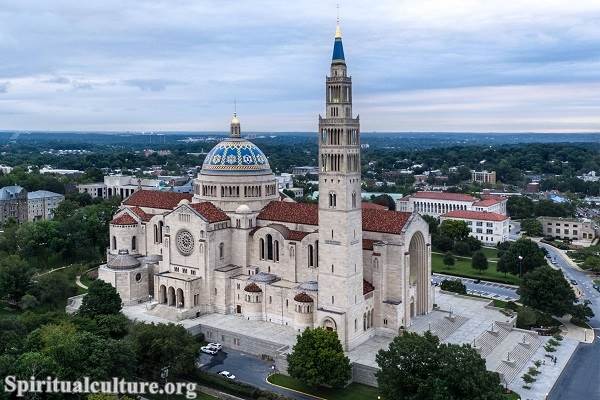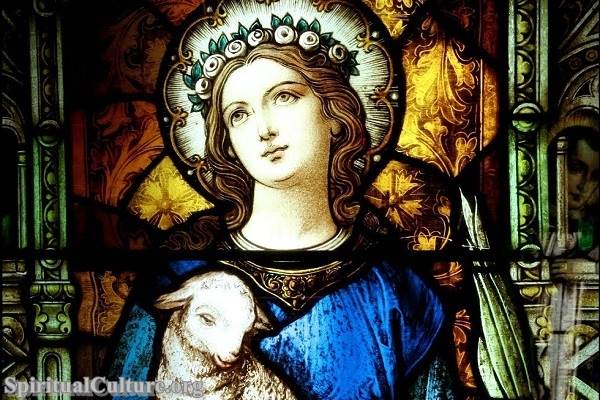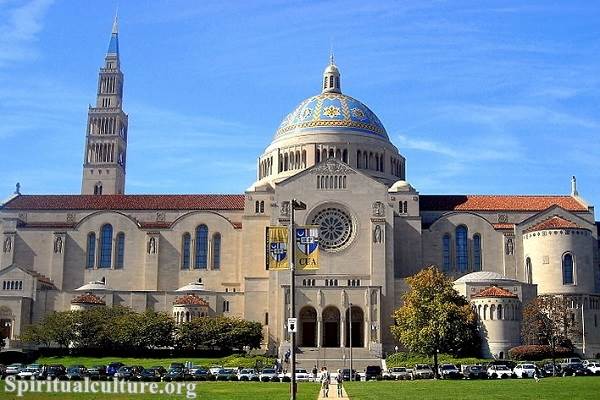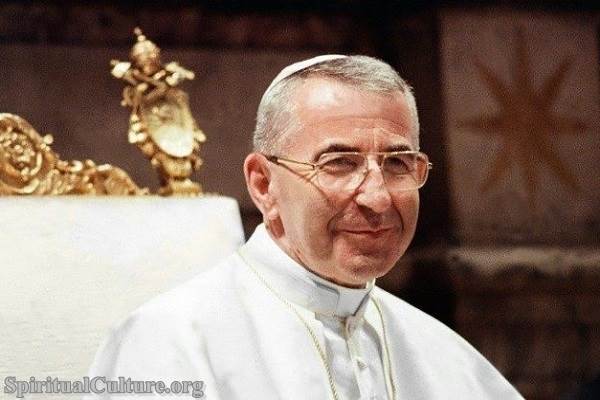In the realm of Catholicism, the position of a Catholic Bishop holds a significant place. A Catholic Bishop is a spiritual and administrative leader who plays an essential role in upholding, preserving, and promoting the doctrines of the Catholic Church. The Catholic Bishop, as a religious figure, has a profound influence on the Catholic faithful, guiding them in their spiritual journey and ensuring the smooth functioning of the Church at various levels.
Catholicism
As a branch of Christianity, Catholicism is one of the oldest and largest Christian traditions, boasting a rich history spanning over two millennia. It is a faith that is steeped in tradition, rituals, and a hierarchical structure. At the very heart of Catholicism lies the belief in the Holy Trinity – God the Father, God the Son, and God the Holy Spirit – and the life, death, and resurrection of Jesus Christ.
The role of a Catholic Bishop is deeply ingrained within this tradition. The Bishop is entrusted with the responsibility of teaching the faith, governing the local church, and sanctifying the world. These three tasks, often referred to as the ‘Munera’ (duties) of a Bishop, encompass the essence of the Bishop’s role in Catholicism.
The Role of a Catholic Bishop
A Catholic Bishop is essentially the shepherd of his diocese, which is a geographical area of the Church entrusted to his care. He is responsible for the spiritual welfare of the faithful in his diocese. As a teacher of the faith, the Bishop is entrusted with the duty of proclaiming the Gospel and ensuring the right interpretation of the scriptures. He also has the task of preserving the unity of the Church, both in terms of faith and communion.
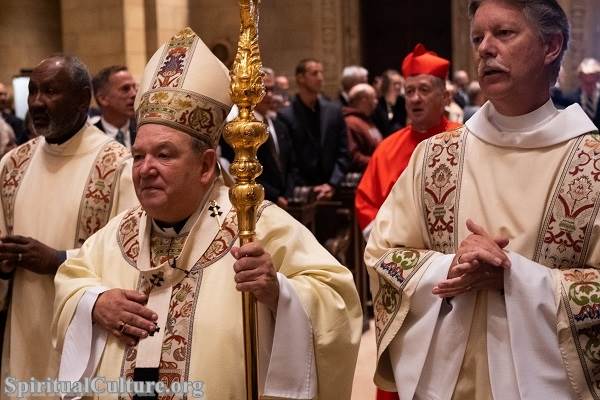
As a governor, the Bishop oversees the diocese’s administration, which includes the management of parishes, schools, and various charitable institutions. He is also responsible for the appointment of priests and deacons in his diocese. Moreover, the Bishop represents his diocese in the Church’s regional, national, and international levels.
As the sanctifier, the Catholic Bishop is responsible for administering the sacraments, especially the sacrament of Confirmation and Holy Orders. He also has the privilege of consecrating the Holy Eucharist during the Mass. The Bishop’s role as a sanctifier also extends to his duty of promoting holiness among the faithful.
Catholic Bishops and the Catholic Church
The Catholic Church, as a global institution, is a communion of local churches, each led by a Bishop. The Pope, who is the Bishop of Rome, is considered the first among equals in the College of Bishops. This collegiality among Bishops ensures that the Church maintains its unity in faith and governance.
Catholic Bishops play a crucial role in the decision-making processes of the Church. They participate in synods and councils, where they deliberate on matters of faith and morals. They also have a significant role in the election of the Pope.
Conclusion
In the grand tapestry of Catholicism, the role of a Catholic Bishop is indeed significant. As spiritual leaders, teachers, governors, and sanctifiers, Bishops play a crucial role in shaping the faith and life of the Catholic faithful. They serve as the link between the universal Church and the local churches, ensuring the unity and continuity of the faith. The Catholic Bishop, therefore, is not just a figurehead but an essential pillar in the structure and functioning of the Catholic Church.
